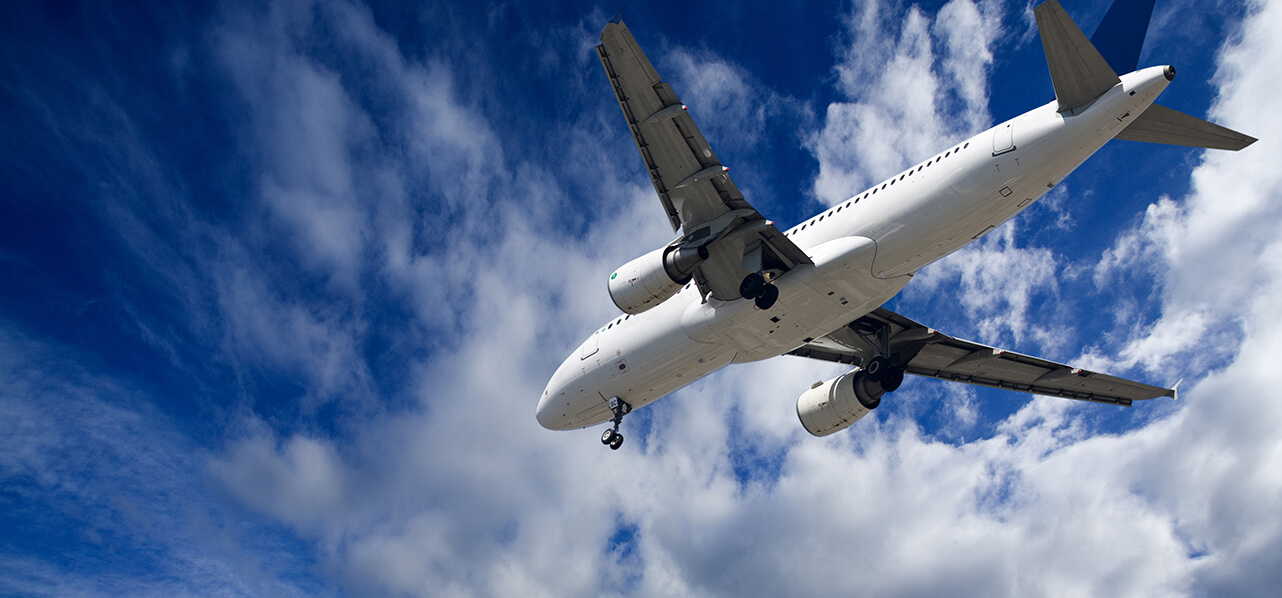Partner Athens
"Penalties for any regulatory breach range from €1,000 to €100,000 and the enterprise in question’s operations may be suspended from 15 to 90 days."
A. Shops, bars, restaurants and other public spaces
Shops, bars, restaurants, archaeological sites and official public beaches have now reopened. Relevant public health regulations apply when visiting shops, bars, restaurants and other public spaces, including limits on the number of customers per square metre or per table when seated. Penalties for any regulatory breach range from €1,000 to €100,000 and the enterprise in question’s operations may be suspended from 15 to 90 days. Employees that are in breach of the applicable health and safety regulations may also be fined on an individual basis as well.
B. Travel
International Flights
Pursuant to the government’s recovery plan, international flights are to restart in two stages.
On 15 June 2020, flights to Athens International Airport (ATH) will recommence from countries whose epidemiological profile meets certain eligibility criteria. The “white list” currently includes: Germany, Cyprus, Israel, China, Japan, Australia, Norway, Denmark, Austria, Bulgaria, Serbia, Romania, Albania, Northern Macedonia, Bosnia, Croatia, Poland, Hungary, Slovakia and the Czech Republic. The list will be subject to regular revisions and updates.
Direct international flights to the rest of the country’s airports will resume gradually from 1 July. Some countries, however, might be excluded, depending on how their efforts to contain coronavirus are progressing. These countries will be closely watched, with a view to re-establish direct flights when the situation allows.
Travellers entering Greece will be subject to spot sampling without mandatory testing, and no mandatory quarantine measures will apply.
Moving around in Greece
It is mandatory to wear facemasks on public transport (including ferries) and in taxis, all medical facilities and in lifts. Travel by taxi is limited to a maximum of 2 adult passengers per vehicle, in addition to the driver. Any children in the vehicle do not count towards this limit. Penalties for the non-use of mask range from €150 to €2,000 depending on circumstances.
Travel to and from Greek islands
Travel throughout Greece, including to the islands is now permitted. Travelling via ferry requires the completion of a health questionnaire, which the traveller has to hand it to the ferry operator before boarding. Temperature checks may also be carried out randomly before boarding; and it is obligatory to wear masks on all ferries, whose capacity is limited to up to 50% (55% for vessels with cabins) to allow for social distancing.
As far as domestic flights are concerned, specific measures relating to check-in, baggage allowances and other matters are in place to reduce the spread of coronavirus.
Cruising
Cruise ships are banned from landing in Greek ports.
Yachting
Travel by private sailboats and yachts is now permitted within Greece. If the vessel is arriving in Greece from another country, specific requirements have to be met upon first landing in Greece. Upon arrival, the travellers need to present to harbour authorities, who will require the completion of a health declaration and mandatory testing (to be paid for by the occupants of each vessel).
Cancellations of ferry, boat and flight tickets and the 18-month voucher option
The Greek Tourism Ministry has issued secondary legislation pursuant to which tourist businesses and airlines in Greece will be able to reimburse their customers by issuing 18-month vouchers to mitigate the effects of cancellations due to COVID-19 for all ferry, boat and flight tickets. If the voucher is not used within the set 18-month timeframe, the traveller shall be entitled to reimbursement as per the ticket’s applicable terms and conditions.
"Greece’s tourism season is expected to begin in June with year-round hotels and camping sites scheduled to open on 1 June, with seasonal resorts opening on 15 June."
C. Accommodation
Seasonal and year-round hotels and touristic accommodations
Hotels and other providers of tourist accommodation will follow the government’s plan for reopening, pursuant to which Greece’s tourism season is expected to begin in June with year-round hotels and camping sites scheduled to open on 1 June, with seasonal resorts opening on 15 June.
Airbnb accommodations and any long-term or short-term leasing of private residences or apartments have not been subject to any restrictions and remain available.
Safety and health protocols
All businesses in the hospitality sector shall be subject to health and safety protocols drafted by the Greek Ministry of Tourism. The Ministry is also in charge of the protocols’ issuance and publication in consultation with the Infectious Diseases Commission of Greek Public Health Organisation, which have also been submitted to businesses for consultation and amendments before their finalisation and issuance.
As per the official government’s plan, said protocols, among others, are to provide for the designation of an accommodation doctor to assume duties at first instance, special “quarantine areas” per region/island and the transfer to a health structure (if necessary).
Penalties, which may range from €500 to €5,000, and/or suspension of operations for a period from 15 to 90 days may apply for any breach of the applicable health and safety protocols depending on circumstances.
"hospitality businesses shall not be considered liable against any third parties’ claim for any losses that may be directly or indirectly associated with COVID-19."
Liability of hospitality business for COVID-19 related losses
As long as they fully comply with all health and safety protocols, hospitality businesses shall not be considered liable against any third parties’ claim for any losses that may be directly or indirectly associated with COVID-19. As far as the establishment of causation and the quantification of losses that may be suffered are concerned, the burden of proof is on the claimant.
Cancellations of bookings and the 18-month voucher option
As per the travel industry instance, hotels, travel agents and the owners of tourist accommodation, instead of refunding any bookings cancelled from 25.02.2020 until 30.09.2020 due to COVID-19, have the option to issue an 18-month voucher. If the voucher is not used within the set 18-month timeframe, the customer shall be entitled to a refund as per the booking’s terms and conditions.
D. Support measures
The Greek government has implemented a set of measures to support hospitality businesses throughout the COVID-19 pandemic. These measures include, among others, regulations providing for a framework supporting discounted rent payments by 40% until August 2020 for commercial leases, working capital financing under state guarantee and at low interest rates through the ‘Entrepreneurship Fund II- TEPIX II’ in combination with the Guarantee Fund and the Hellenic Development Bank, tax relief in relation to in advance income tax payments, reduction of advance income tax payments and offset rights for real estate owners affected by discounted commercial leases, VAT reduction on transportation, coffee & non-alcoholic beverages and travel packages, and employment support mechanisms for year-round and seasonal employees until September 2020.
In summary, having adequately limited the spread of COVID-19 within the country, the Greek government is now focussing on limiting its economic impact on the hospitality sector. It adopts a comprehensive and detailed plan in consultation with market players to reopen the Greek hospitality sector so that it can operate safely and efficiently during the tourist season and ensure foreign visitors can feel protected during their visit to Greece.
Naya Boltescu, a former associate in our London office, also contributed to this article.




